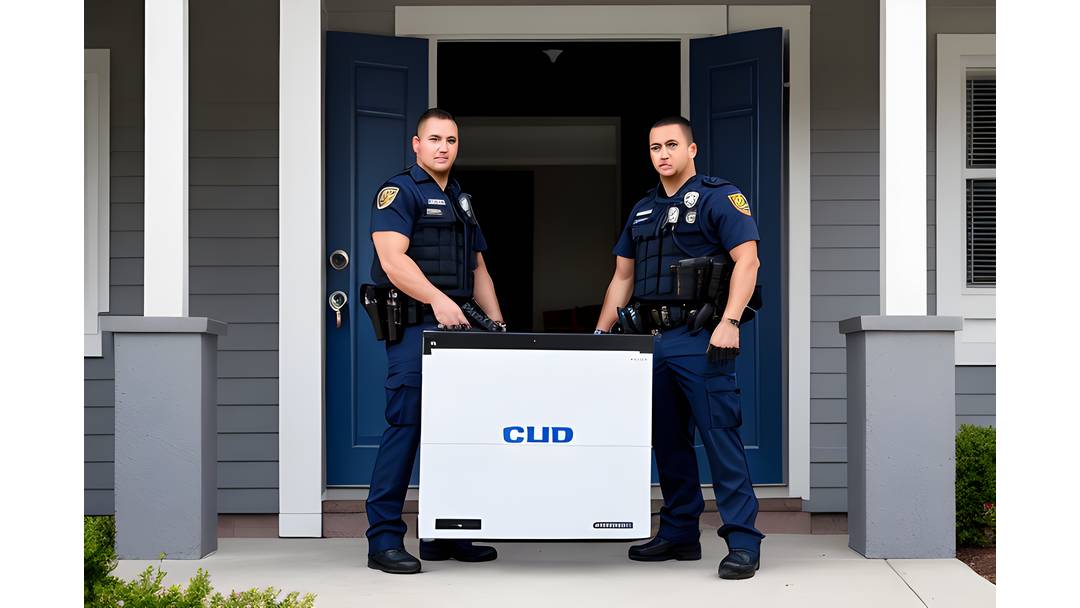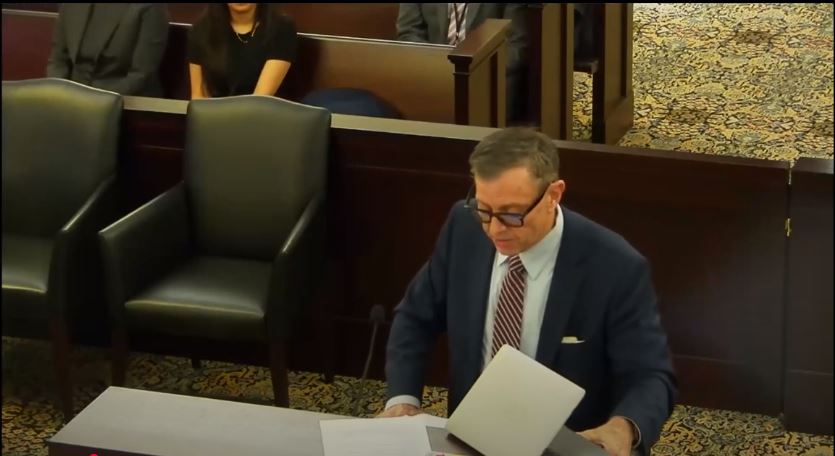Can the police sieze your belongings and hold it without charging you with a crime?
Forfeiture laws in Michigan allow the government to seize property – like cash, cars, or even houses – if they believe it was involved in a crime.
What is Forfeiture?
Forfeiture is a legal process where the government takes ownership of private property because it’s believed to be connected to illegal activity. There are two main types:
Criminal Forfeiture: This happens after someone has been convicted of a crime. The property seized is usually related to that specific crime.
Civil Forfeiture: This can occur without a criminal conviction. The government argues that the property itself was involved in a crime, regardless of whether the owner is found guilty.
Important Points to Know:
What Property Can Be Forfeited?
Under Michigan law (specifically related to drug crimes, (MCL 333.7521), a wide range of property can be seized, including:
- Money, negotiable instruments, and securities.
- Real estate (MCL 600.3815)
- Vehicles, boats, and aircraft (S.B. 2 & H.B 4001-4002)
- Equipment and materials used in illegal activities (like drug manufacturing).
- Anything of value exchanged for illegal substances.
How Does it Work?
Seizure: Law enforcement can seize property if they have probable cause to believe it’s connected to a crime. In some cases, they need a warrant, but not always (MCL 333.7522).
Notice: If your property is seized, the government is supposed to notify you (MCL 600.4707 & 333.7523). If they can’t find you, they may publish a notice online or in a newspaper.
Claim: If you want your property back, you usually have a limited time (e.g., 20-28 days after notice) to file a claim with the government, stating your interest in the property and why it shouldn’t be forfeited. This claim often needs to be written, signed, and verified (notarized).
Civil Action: If you file a claim, the government (usually the Attorney General or local prosecutor) may then file a civil lawsuit in court to try and get a forfeiture order.
Burden of Proof: In a forfeiture hearing, the government generally has to prove by a “preponderance of the evidence” (meaning it’s more likely than not) that the property was connected to a crime (MCL 600.4707). However, for property valued over $50,000 in drug cases, the burden might shift to the owner to prove they didn’t know about the illegal activity (according to some interpretations of MCL 333.7523a).
Conviction Requirement (Limited): A significant reform in 2019 (Senate Bill 2 and House Bills 4001 & 4002) requires a criminal conviction or plea agreement for forfeitures of property valued under $50,000 in drug-related cases, unless the owner abandons the property (news from May 2019).
Rights of Property Owners
You have the right to:
- Be notified about the forfeiture proceedings.
- File a claim to contest the forfeiture.
- Have a hearing in court (if you file a claim).
- Present evidence to show your property wasn’t involved in a crime or that you were an innocent owner.
What Happens to Forfeited Property?
Generally, the law enforcement agency that seized the property can keep it for their use or sell it.
The proceeds from the sale are often used for law enforcement purposes (MCL 333.7524).
Kelsey’s Law Connection: It’s important not to confuse forfeiture laws with traffic laws like Kelsey’s Law (related to teen drivers and cell phone use). They are completely different areas of law.
Links to Laws:
- MCL 333.7521 (Controlled Substances – Forfeiture): You can find these sections within the Michigan Public Health Code on the Michigan Legislature website.
- MCL 600.4701 (Revised Judicature Act – Forfeiture): This act also contains provisions related to forfeiture.
Recent News:
- Michigan Supreme Court Ruling (July 2024): The Michigan Supreme Court ruled against Detroit’s practice of seizing cars in drug-related cases unless there’s evidence the car was used to transport drugs for trafficking purposes. This decision is seen as a curb on aggressive forfeiture practices.
- Report on Forfeiture (October 2023): A report highlighted that even with recent reforms, Michigan still sees cases where people lose property without being charged with a crime, and most forfeiture cases happen without much court oversight (Mackinac Center, October 2023).
- Limitations on Forfeiture Without Conviction (2019): As mentioned earlier, laws were passed in 2019 requiring a conviction in many drug-related forfeiture cases involving property under $50,000 (Michigan.gov press release, May 2019).
It’s crucial to understand that forfeiture laws can have a significant impact on individuals, even those who haven’t been found guilty of a crime. If your property has been seized, it’s highly recommended to seek legal advice immediately to understand your rights and options.
More Articles

SEARCH & SEIZURE: Government Use of Drones
Drone Surveillance and the Fourth Amendment: A New Case In a recent decision, the Michigan Court of Appeals held that...

Michigan Forfeiture
Property that can be forfeited: Under Michigan law, the following property can be forfeited: Cash Vehicles Real estate...

Forfeiture without Criminal Charges
Can the police seize your belongings and hold it without charging you with a crime?Read the summary below and watch...

Criminal Sexual Conduct (CSC) – Michigan
Criminal Sexual Conduct (CSC) in Michigan: Definitions, Penalties, and Legal References.Criminal Sexual Conduct (CSC)...
More
Court: Pot as tip no reason for police to seize car
Westland — Marijuana and pizza may be a popular combination, but the state Court of Appeals ruled last week it isn’t enough to warrant police seizure of property. The state appellate court overturned the forfeiture of a car after ruling the driver didn’t use...
Why Are Michigan Prosecutors Reassessing Their Cases Against Medical Marijuana Patients?
Trying to understand why prosecutors in St. Clair County, Michigan, suddenly decided to drop their case against Ginnifer Hency, a medical marijuana patient and caregiver, and return the property that police seized from her home, I obtained several court documents from...
Crime labs ‘bend science’ to strip medical marijuana rights, lawsuit says
GRAND RAPIDS, MI – State police crime labs intentionally misrepresent marijuana oil and edibles as having unknown origins, a tactic that can turn a misdemeanor possession charge into a felony and remove protections for Michigan's medical marijuana users, a federal...
What life is like after police ransack your house
https://www.washingtonpost.com/news/wonk/wp/2015/06/03/why-armed-drug-cops-took-every-belonging-from-a-michigan-soccer-mom/What life is like after police ransack your house and take ‘every belonging’ — then the charges are dropped Annette Shattuck and her family inside of their home on March 29, 2016, in Port Huron, Mich. (Photo by Ali Lapetina/For the Washington Post) A...
What’s Really Wrong With Forfeiture – The Bigger Issue
What's Really Wrong With Forfeiture - The Bigger Issue With all these articles and talk about forfeiture reform and blah, blah, blah. The bigger issue has been overlooked. Ok so they take some of your belongings they assume were purchased with some kind of...
Civil Asset Forfeiture: Guilty Until Proven Innocent
Imagine going back home one day to find an empty house and all your belongings gone; or even worse, imagine being in your house and having your door suddenly smashed open by law enforcement officers in masks and being told at gunpoint that your personal possessions...

















